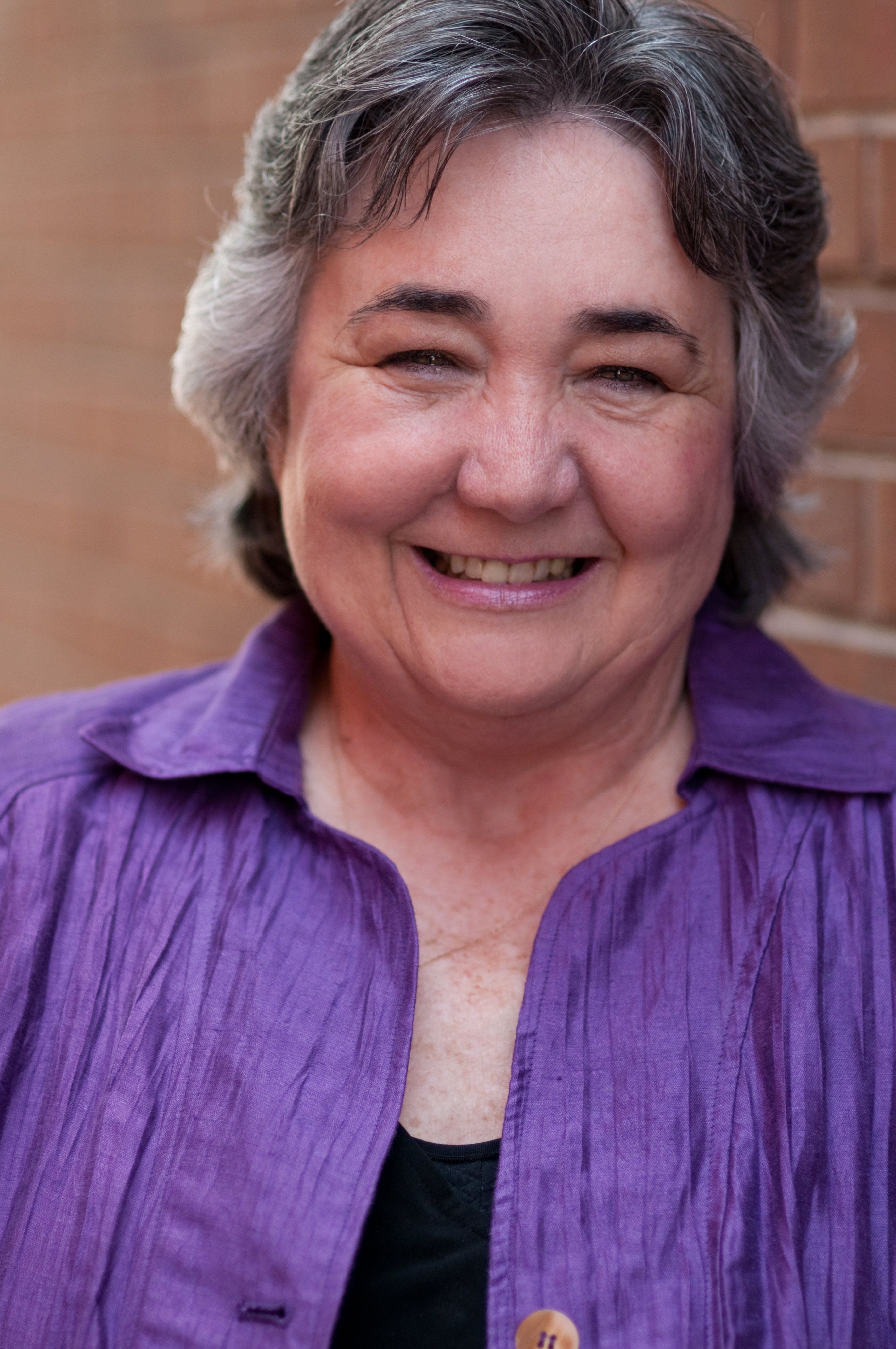In my last blog, I made the case for the crippling nature of loneliness and that “. . . .our hearts ache with a yet unsatisfied yearning for love, and the pain of that fact keeps us looking for love in any handy place we can find.” I also asserted that Love remains the cure for what ails us, and that the antidote can be found in scripture: “ . . . and you, being rooted and grounded in love, will be able, together with all the saints, to understand the height, depth, breadth, and width of God’s love.”(Eph 3)
Keeping the universal problem of loneliness and general biblical antidote in mind, it wouldn’t be good to leave it at that. The simplistic treatment of loneliness simply further isolates the person – adding to their woes the feelings of being misunderstood. Let’s drill down and take a look at three kinds of loneliness that can beset us.
Simple Disconnection
The first kind of loneliness, Simple Disconnection comes from being separated from family and friends. Much of the normal feelings of sadness associated with loneliness can be attributed to normal everyday circumstances.
If you lose an important relationship, you should feel sad, and feelings of loss and disconnectedness are normal. In fact, if you don’t feel sad and yearn for connection with those close to you that is an indicator of a serious disorder – feeling sad appropriately is good for us. When we share our sadness with others (a built-in antidote), it connects us to them, and that helps us remember what is most important.
Note: Here’s a good article on the concept of embracing our sadness as a path to healing. Keep in mind, I don’t endorse all of what this author has to say, but she has certainly helped me.
But as Aristotle has said, “If fear or sadness lasts for a long time, it is melancholia.” If that is so, then seek help. But if your friendships just all tanked at once and you can’t make yourself get out of bed, don’t call your doctor for anti-depressants. Your mind and emotions are working exactly as they are supposed to.
Absolute Loneliness
The second kind, Absolute Loneliness, results from the belief that “Nobody understands—nor do they want to.” I like to use a biblical example for this one. Who of us can’t identify with Elijah in 1 Kings 19, when he has just run from Jezebel who was trying to kill him after he defeated her priests in a showdown at the temple altar? He got to a cave and said something to God like, “I am all alone, there is no one left but me.” And the Lord answered, “I have reserved for myself seven thousand who have not bent their knee to Baal.”
At this point, Elijah may feel encouraged – but he also still might be feeling disconnection. He could be asking, “Where are they all? They’re certainly not here in the cave with me!” If not careful, Elijah could let this loneliness sit long enough to turn into self-pity, despair and bitterness. That’s another topic entirely, but for now I will simply comment that we do have a choice in what we dwell upon, which forms our perspective. That action, a simple choice, makes all the difference – it either reinforces our false beliefs or keeps our eyes on the promise, the hope we have been given. We can choose to look for the other 7,000 Christ followers to show up on the horizon, for example. Our feelings will often (not always, sadly, but often) follow the line of thinking we are engaged in.
Existential Loneliness
The third kind, Existential Loneliness is the unexplainable loneliness that sometimes catches up to us in the most surprising places, even in the midst of a gathering of our closest friends. It is the emptiness we feel when we are most aware that no one can really understand us completely. They can’t ultimately help us face the conflicts/problems/grief that are most uniquely ours. It is this existential loneliness that I want to write further about next time.
In the meantime, consider a comment from CS Lewis, from his book, Miracles: “If we find ourselves with a desire that nothing in this world can satisfy, the most probable explanation is that we were made for another world.” Follow this link for beautiful images to go with the quote.

Mary Heathman
Founding Director
Mary is one of the founders of Where Grace Abounds and served as Executive Director from its inception on July, 1986 through March 31st, 2007. She speaks and teaches at churches and conferences across the country. She has also served on several boards of non-profit organizations, is a conference speaker on a variety of topics that include: Intimacy with God, Healthy Sexuality, and leadership development. She currently serves in leadership in her denomination. Mary’s favorite ministry roles are discipleship counseling, group facilitation, and leadership development.
Mary often characterizes herself as “a seeker of Truth” and has a long-standing fascination with human behavior and motiviation. Her education consists of lay and discipleship counseling, indepentent study about the integration of psychology and theology, counseling and human sexuality. She also holds a BS in Human Services and an MA in Psychology from Regis University.
Mary attends a Friends (Quaker) Church.
Make a Difference in Someone's Life
If you enjoy reading WGA’s blogs and would like to show your support, please consider making a donation. Where Grace Abounds is a 501(c)3 non-profit organization. The majority of services, including support groups and discipleship counseling, are provided free of charge. Your financial gifts help to cover the costs associated with offering a free program to those who seek WGA’s services.

